1. The Brady Bunch
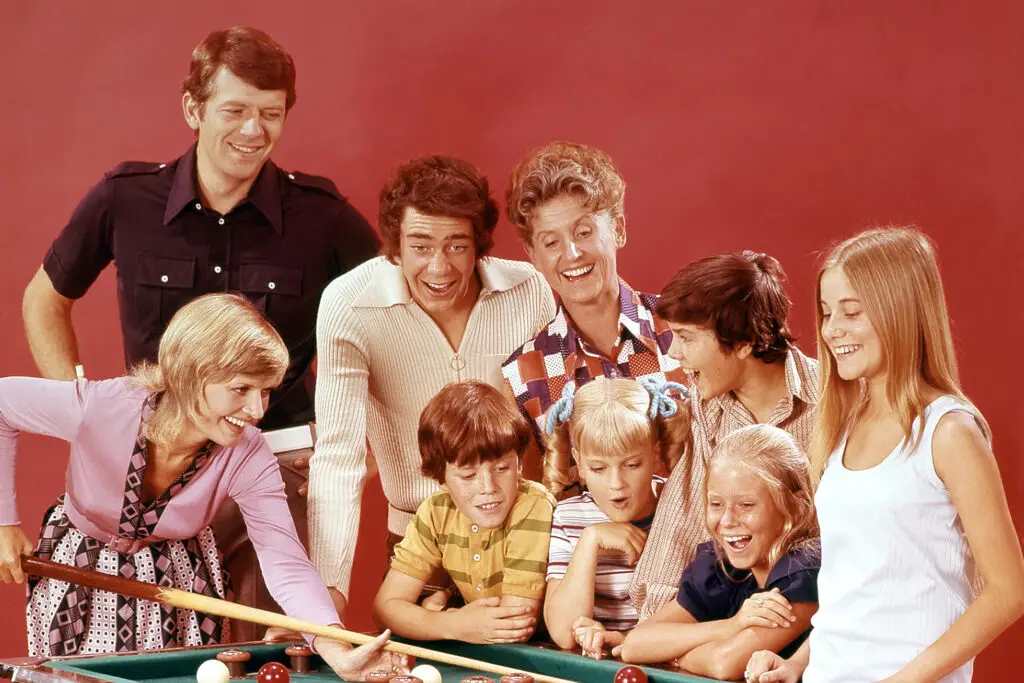
The Brady family had one very clear rule: everyone had to eat dinner together at the big dining room table, no exceptions. It didn’t matter if Marcia had cheerleading practice or Greg had football, the family sat down for meals as one unit, and the kids never seemed to complain. In fact, a lot of storylines revolved around conversations that happened during those dinners, making it feel like a sacred family tradition. Looking back, it’s funny how little flexibility they had when it came to that ritual.
They also had another unspoken rule: no locked doors in the house. Privacy wasn’t exactly a priority in the Brady household, and the kids would constantly barge into each other’s rooms without warning. That wouldn’t fly in most families today, where teenagers especially value their space. The Bradys lived by a blend of strict togetherness and wide-open doors, which sometimes led to the show’s funniest misunderstandings.
2. Full House
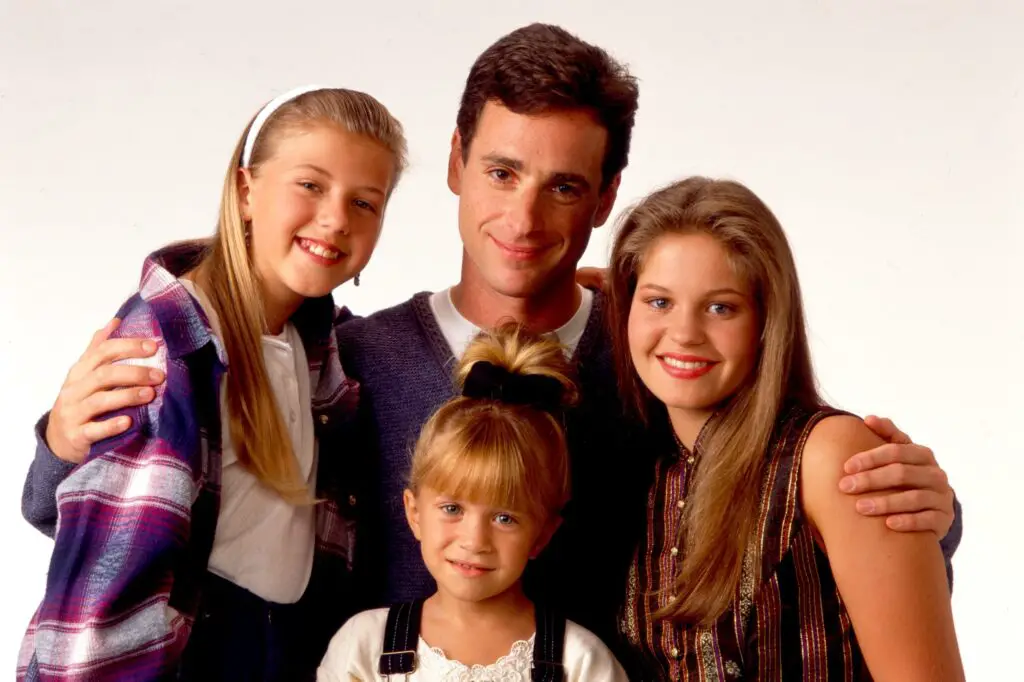
Danny Tanner’s rule for the girls was simple: clean up or else. His obsession with neatness wasn’t just a quirk—it was a house rule. Whether it was Stephanie leaving toys on the floor or Michelle spilling juice, Danny expected the mess to be handled right away. The girls knew better than to argue with their dad’s vacuuming streaks and cleaning supplies.
Another odd family rule was the open-door policy for friends and extended family. Joey and Jesse didn’t just crash temporarily, they lived there, and nobody ever seemed to question it. In most homes, roommates would at least be expected to chip in for rent, but in the Tanners’ world, love and laughter paid the bills. It created a “the more the merrier” environment that worked on TV, even if it made no sense in real life.
3. The Cosby Show
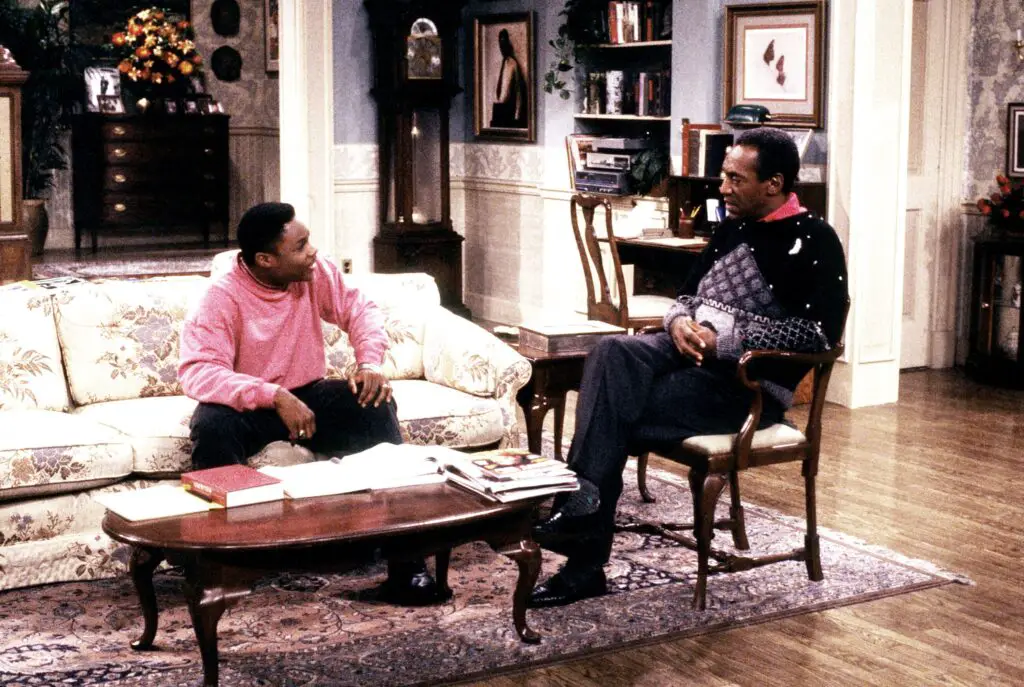
The Huxtables had a strict hierarchy when it came to speaking at the dinner table. Cliff and Clair expected their kids to follow a kind of order: listen first, speak second, and don’t interrupt. That structure was a way to keep control over a house full of energetic children, but it sometimes came off like a courtroom instead of a casual family meal.
Another curious family rule was how the parents encouraged debates, but only within limits. If you wanted to argue a point, you had to do it respectfully and with good reasoning, almost like a school assignment. Theo and Vanessa learned quickly that emotional outbursts didn’t fly, but well-crafted arguments sometimes did. It was a clever mix of discipline and teaching that felt unique to the Huxtable household.
4. Family Matters
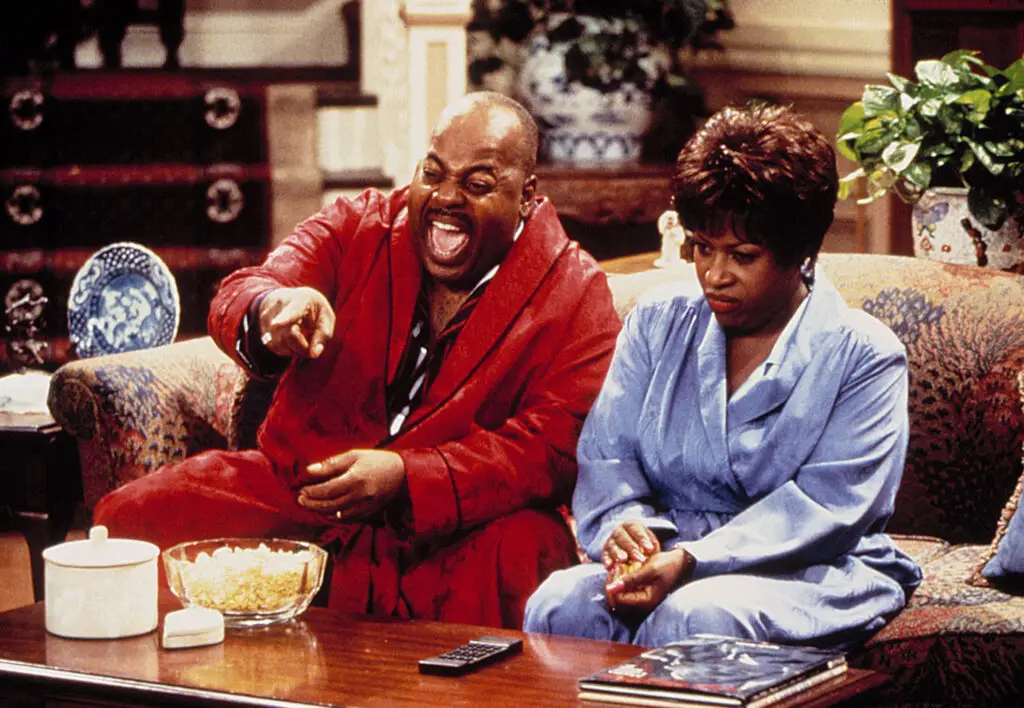
Carl Winslow, being a cop, ran his home almost like a precinct. One of his rules was that lying was non-negotiable—you got caught once, and you’d face a serious lecture. That set the tone for honesty in the family, and even Eddie, who often pushed boundaries, knew there was no wiggle room on that one.
There was also an unusual rule about guests, mainly Steve Urkel. As much as Carl wanted to ban him, Harriet and the kids always welcomed Steve in, no matter how much chaos he caused. It was almost an unwritten family rule that kindness trumped annoyance. Even though Carl hated it, the Winslows lived by the principle that their door was always open, even to the most accident-prone neighbor.
5. The Addams Family
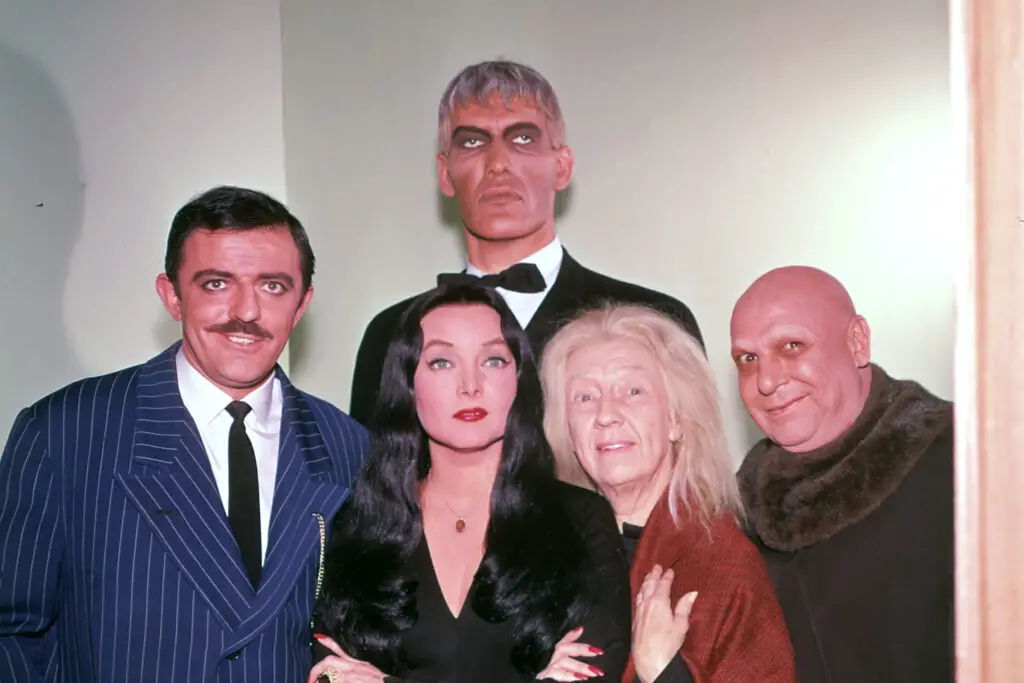
The Addamses were the exact opposite of every “normal” sitcom family. Their rule was to embrace the macabre at every opportunity. If something was strange or spooky, it was encouraged, not forbidden. Morticia and Gomez never told Wednesday or Pugsley not to play with dangerous objects—they practically cheered them on.
Another rule was celebrating individuality above all. Everyone in the house was allowed to be their most eccentric self without fear of judgment. That meant Cousin Itt, Thing, and Uncle Fester all had the same respect as anyone else in the family. It was an odd set of rules, but it created one of the most supportive families on TV, even if outsiders couldn’t understand them.
6. Roseanne

The Conners didn’t have many traditional rules, but they had one that mattered: no secrets about money. If bills were overdue or jobs were in trouble, it was out on the table. Roseanne and Dan made sure their kids understood the reality of financial struggles, which was rare for sitcom families at the time.
Another unspoken rule was that sarcasm was part of daily conversation. Whether it was Roseanne teasing Becky or Darlene throwing shade back at her mom, the humor was constant. It wasn’t mean-spirited, it was how they showed love. The odd rule of “joking over scolding” set their home apart from the polished families viewers were used to seeing.
7. Married… with Children
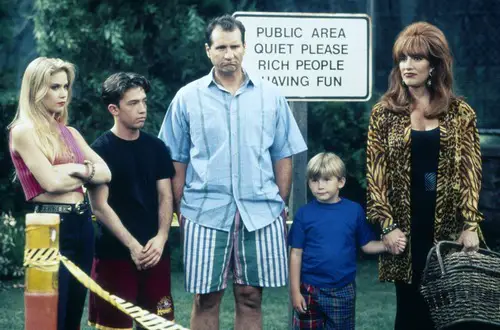
The Bundys lived by one major family rule: fend for yourself. Al, Peg, Kelly, and Bud didn’t exactly look out for each other in the traditional sense. Everyone was out for their own gain, and the only time they came together was when outsiders threatened them.
Another strange rule was how dinner time worked—or didn’t. Meals weren’t about sitting together and sharing stories, they were often just thrown together in a half-hearted way. Al’s “rule” was that nobody touched his TV time, and Peg’s was that housework was optional. The Bundys weren’t about family values, they were about survival, and that odd dynamic made them unforgettable.
8. The Fresh Prince of Bel-Air

The Banks family had a strong rule when it came to appearances: always look presentable. Whether it was a dinner party or just lounging around the mansion, Philip and Vivian expected their kids to carry themselves with dignity. That rule rubbed against Will’s more casual style, which created plenty of comic moments.
Another family guideline was respect for tradition. Whether it was family dinners, formal events, or celebrating achievements, the Bankses placed value on structure and status. It was a contrast to Will’s laid-back Philly vibe, and the tension between rules and rebellion fueled the show. The oddness was that in their house, being too casual was actually breaking the rules.
9. Everybody Loves Raymond
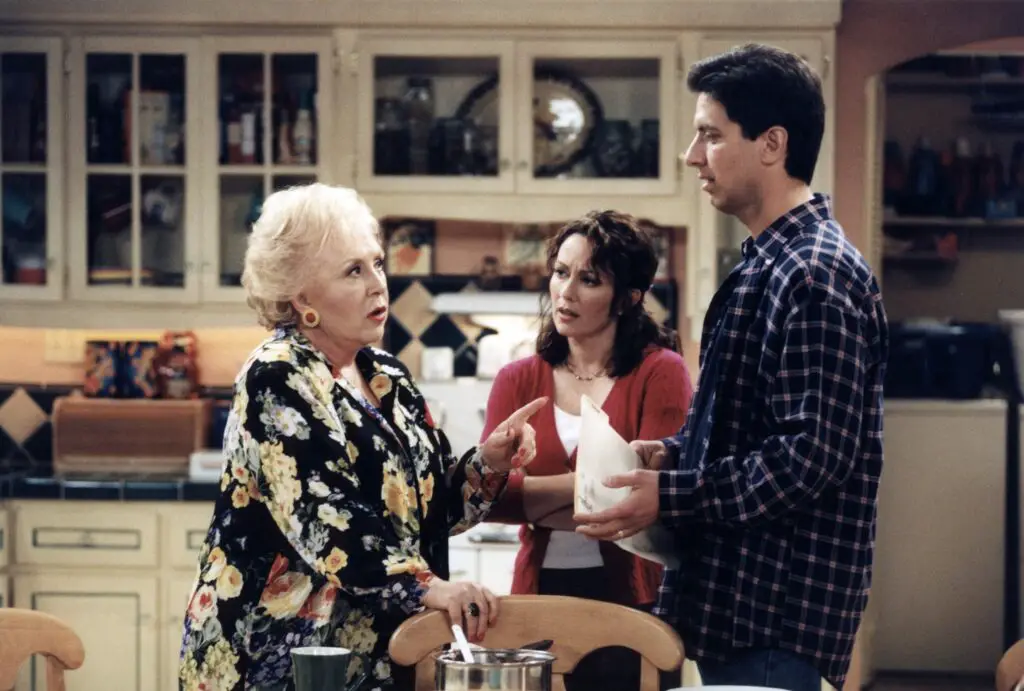
Ray and Debra had one strange rule by default: no locking the doors, because Marie and Frank would just barge in anyway. It became a running gag that privacy didn’t exist for the Barone family. The rule was less about agreement and more about inevitability—Marie’s presence was part of the package.
Another subtle rule was that family arguments had to be hashed out loudly. Whether it was about cooking, babysitting, or Ray’s laziness, nothing was ever left unsaid. The Barones lived by a “say it all out loud” policy, which might sound stressful, but it kept the humor flowing. Their odd family rules basically came down to a total lack of boundaries.
10. Malcolm in the Middle

Lois had one of the most famous family rules of the sitcom world: her word was law. There was no negotiating once she made a decision, and the boys knew it. If they pushed too hard, punishments got worse, so most of the time they backed down—eventually.
Another odd rule was fairness among the kids, even if it didn’t feel that way to them. Lois insisted that consequences were equal, even if Malcolm or Reese thought they were singled out. In truth, she made sure no one got away with too much, which made the household strict but balanced. The rules seemed extreme, but they shaped the chaos into something that actually worked.
11. That ’70s Show
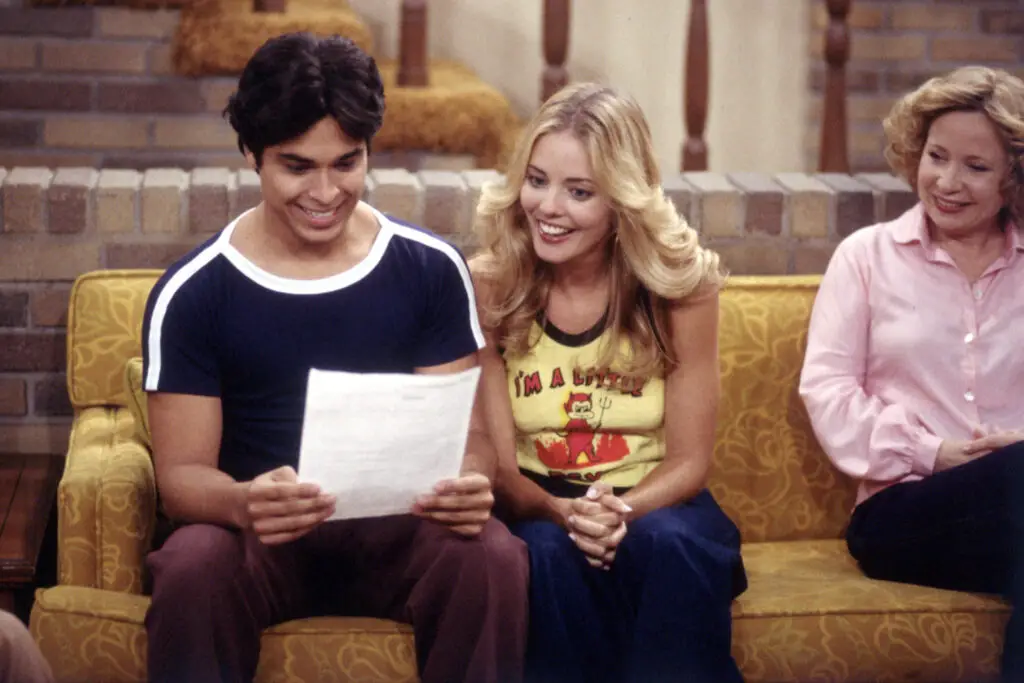
Red Forman’s rule was simple: respect him or face the “foot in your rear.” That phrase summed up the hierarchy of the household perfectly. He didn’t care about being his kids’ friend, he cared about discipline and respect. It was an old-school rule that felt out of step even in the ’70s.
Another family expectation was honesty about relationships. Kitty often asked Eric and his friends pointed questions about their lives, and the kids were expected to fess up. While it made for awkward dinners, it also showed that the Formans preferred the truth, even if it was uncomfortable. The odd mix of Red’s harsh rules and Kitty’s caring ones kept their household balanced.
12. Diff’rent Strokes
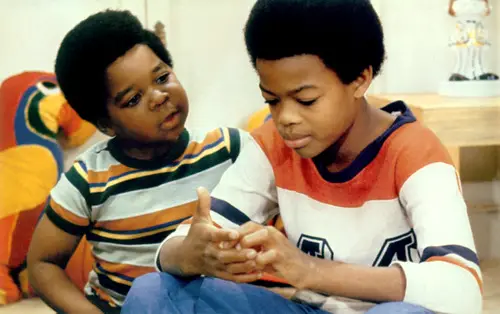
The Drummond household had one of the clearest rules: respect was a two-way street. Even though Arnold and Willis were adopted into a wealthy family, Mr. Drummond made it clear that everyone in the house had equal value. The kids weren’t treated like charity cases, and they were expected to respect their new father and sister Kimberly in return. It was an unusual balance for the time, especially when the show tackled serious issues.
Another household expectation was honesty above all else. Arnold, with his quick wit, often tried to joke his way out of trouble, but lying was never tolerated for long. Willis sometimes clashed with authority, but he too learned that truth was always the better option in the Drummond home. The rules gave structure to a blended family dynamic, making it one of the more memorable sitcom households of the ’80s.
13. My Wife and Kids
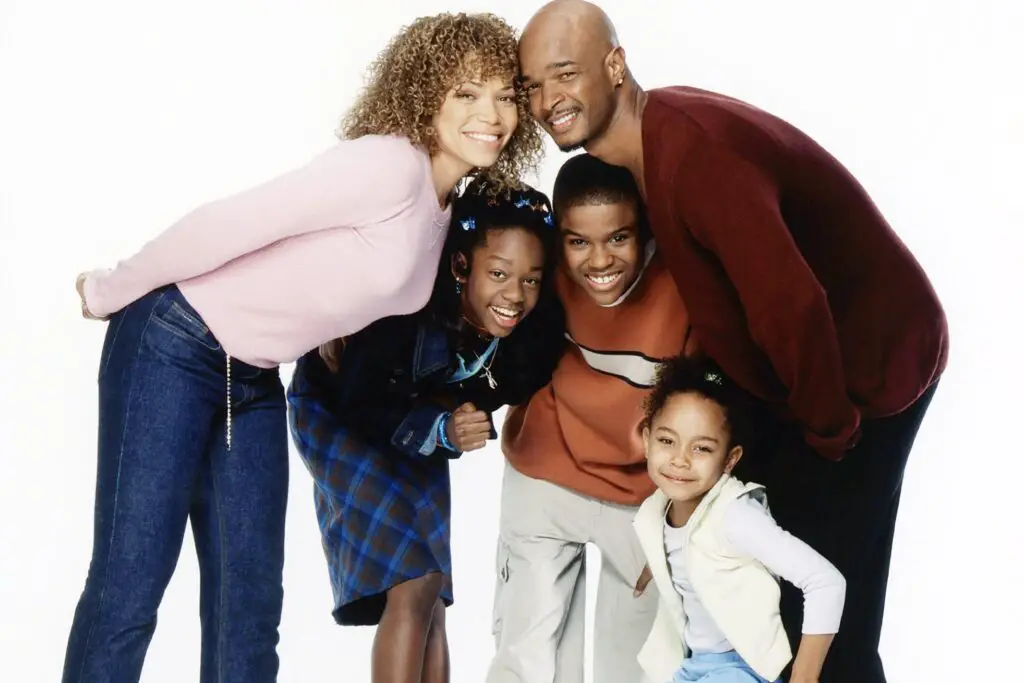
Michael Kyle had one rule he enforced often: learn from your mistakes. If a kid messed up, there was usually a creative punishment to make sure it didn’t happen again. From teaching lessons with humor to turning chores into life lessons, the rule was that mistakes were opportunities.
Another odd expectation was that laughter solved almost everything. Even when things got tense, the Kyles found a way to make it funny. It wasn’t about ignoring problems, it was about making sure nobody left angry. Their odd rulebook was really a manual for turning everyday struggles into punchlines.
14. Arrested Development

The Bluth family didn’t exactly have rules, but they had one twisted guideline: never admit fault. No matter how wrong someone was, they found a way to spin it. That odd behavior was treated as normal, which only made the dysfunction more obvious.
Another family quirk was their reliance on secrets. Everyone had something to hide, and the unspoken rule was that truth could wait as long as possible. It created constant chaos, but it was the glue that held the show together. The Bluths weren’t about order, they were about living by the oddest rules possible.
15. Modern Family

The Pritchett-Dunphy clan had a rule that family gatherings weren’t optional. Whether it was a birthday, holiday, or random barbecue, everyone was expected to show up. That included dealing with awkward conversations, grudges, and plenty of clashing personalities.
Another unspoken guideline was that mistakes had to be forgiven quickly. With so many different personalities under one umbrella, holding grudges would have broken them apart. The odd rule of “forgive and move on” made sense for them, even if it meant brushing over some pretty wild antics. It’s what kept their unconventional family functioning.
